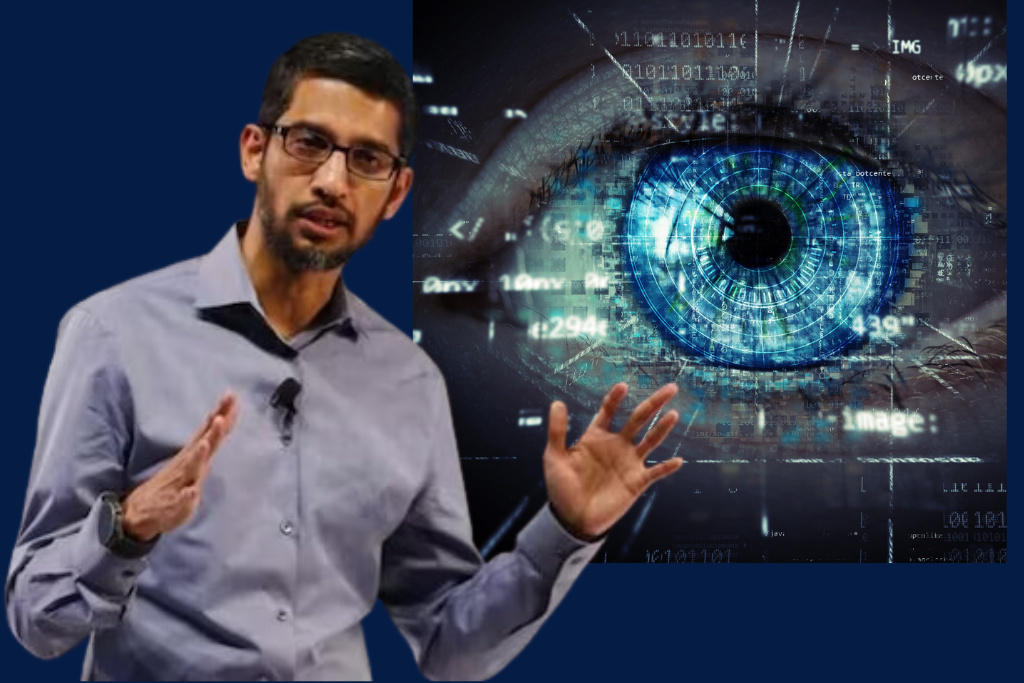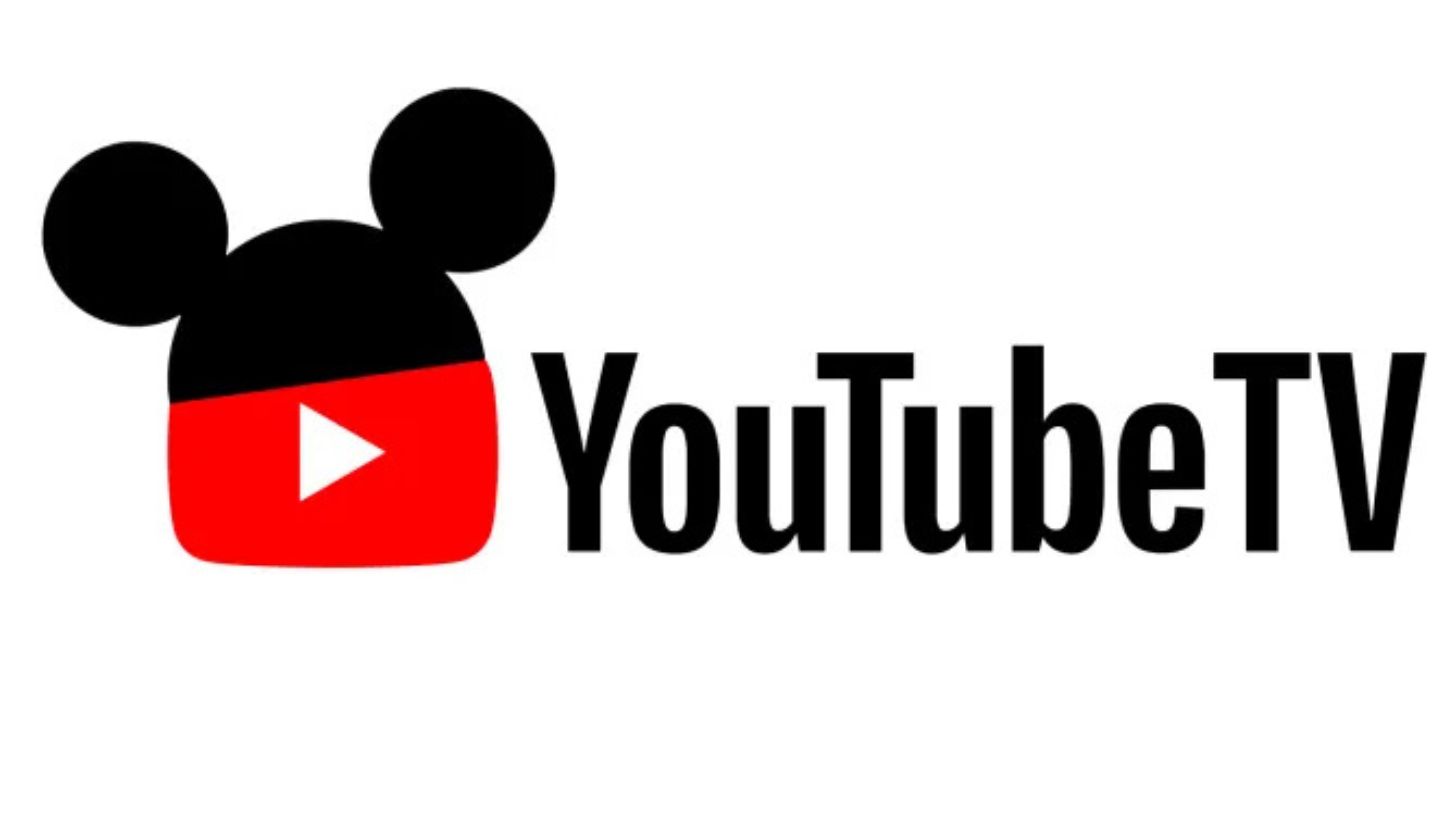Sundar Pichai, CEO of Google, and the internet giant’s cutting-edge artificial intelligence (AI) technology are driving a paradigm shift in the health tech business. Pichai’s recent announcement unveiled a groundbreaking development—using Google’s AI, cardiovascular events can now be predicted through an eye scan, potentially transforming traditional diagnostic methods. This article explores the power of Google’s AI in the health tech industry, from its early success in detecting diabetic retinopathy to its recent breakthrough in predicting heart attacks. The use of AI in eye scans opens up new possibilities for the early detection of various diseases, promising a healthier future.
Revolutionizing Eye Disease Detection
The journey towards revolutionizing health diagnostics began four years ago when researchers from Google and Aravind Eye Hospital collaborated to develop an automated tool for detecting diabetic retinopathy, a leading cause of blindness globally. They created an algorithm capable of swiftly recognizing signs of the disease from retinal photos, providing a diagnosis within seconds. This algorithm is now on the verge of operating independently, transforming the landscape of eye disease detection and management.
Expanding Capabilities
Google’s AI capabilities expanded further when an algorithm was introduced earlier this year, capable of identifying a person’s sex, and smoking status, and predicting the five-year risk of a heart attack using retinal imagery. The AI demonstrated an ability to identify issues that human trainers couldn’t, opening avenues for early detection of diseases like dementia, multiple sclerosis, Parkinson’s, Alzheimer’s, and even schizophrenia. The eye, particularly the retina, serves as a window into the body’s overall health, reflecting critical information such as blood pressure, age, and smoking habits.
AI and Cardiovascular Health
The ability of Google’s AI to predict cardiovascular events through eye scans is based on the understanding that the appearance of blood vessels in the eye’s fundus can provide vital indicators of cardiovascular health. By analyzing nearly 300,000 patients’ medical data, including eye scans and general information, Google and Verily’s scientists used machine learning to train the AI.
Neural networks were used to detect trends and link specific eye scan characteristics to cardiovascular risk factors such as age and blood pressure. In tests, the AI successfully differentiated between retinal images of patients who experienced cardiovascular events within five years and those who did not, with an accuracy of 70%. This performance was comparable to the commonly used SCORE method, which requires a blood test and achieves a 72% accuracy rate.
The Future of Health Diagnostics
Google’s AI-powered approach to monitoring cardiovascular risk not only simplifies the procedure for doctors but also signals a paradigm leap in scientific discovery. The AI algorithm’s ability to analyze existing medical data suggests the potential for generating entirely new medical insights without human direction, given a sufficient amount of data. Moreover, the application of this technology extends beyond high-tech medical facilities, offering affordable and portable solutions for vision screenings in rural areas.
Utilizing smartphones, inexpensive condensing lenses, and DIY retinal cameras, healthcare providers in remote settings can capture retinal images, upload them to the cloud, and receive prompt diagnoses. This demonstrates the vast potential of the technology and its accessibility to a wider population.
While the idea of an AI doctor independently generating new diagnoses may still be a distant prospect, the research indicates that it is not entirely far-fetched. Google’s AI is already making significant progress towards a future where traditional diagnostic methods may serve as supplements to the insights gained from eye scans. This transformative approach holds the promise of uncovering hidden health issues and predicting potential cardiovascular events, revolutionizing healthcare and diagnostics.
In the evolving era of health tech, Google’s AI revolutionizes the field with its ability to predict cardiovascular events through eye scans. Spearheaded by Sundar Pichai, Google’s CEO, the AI technology has already shown remarkable success in detecting diabetic retinopathy and predicting heart attacks. By leveraging the power of AI and analyzing retinal imagery, Google’s algorithm can uncover vital information about a person’s overall health and enable early detection of various diseases.
This groundbreaking development not only simplifies and accelerates the diagnostic process for doctors but also holds the potential for generating new medical insights independently. The future of health diagnostics lies in the eye, and Google’s AI is paving the way for a healthier future.
For all the latest news, keep visiting The World News.



